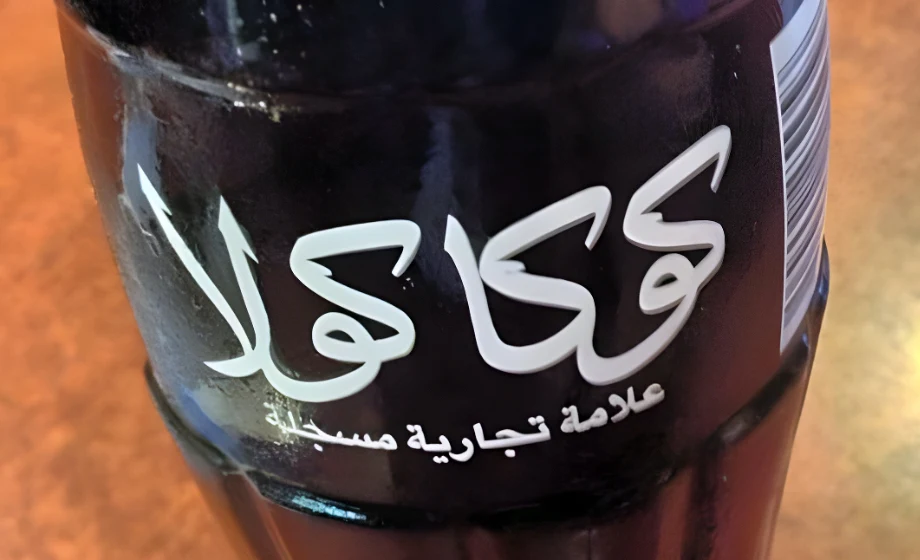How you work with Arabic translators has a major impact on your company’s bottom line and reputation. Here are just a few of the ways you could be wasting money:
1. Not translating routine correspondence with Arab clients into Arabic:
Most senior Arab business leaders speak great English, so it’s no problem to send your emails, brochures, and proposals in English. Right?
Wrong!
No telling how much this fallacy is costing your business. First off, even if the person you are emailing is great at English, it’s very likely he is only a part of the decision-making team on the client side.
Going the extra mile to get your client’s correspondence translated into Arabic is a sign of professionalism and respect. It’s also a simple and cheap way to dominate your competition because (trust me) very few of them are doing this…
2. Not having an Arabic speaker on hand to review translations:
However great the translator or translation agency, you will save yourself a ton of headaches by tasking a native Arabic speaker to be the point of contact with your translator.
Your point of contact will help with everything from the proper Arabic spelling of names to be able to explain the finer points of your firm’s breakthrough widget smelting technology to the translator to make sure the spirit is getting across in the target language.
Time is money, and getting translations right the first time will save you more than one round of time-wasting revisions.
3. Mistaking an Arabic speaker for an Arabic linguist:
I can’t tell you how many law, consulting, and engineering firms waste the time of their staff members (who often bill their people for $250 per hour plus) by having them do translations.
Their time is much more profitably spent on higher-value client work. By the same token, it’s important to note that “bilingual” does NOT mean “translator.” Translators have spent years honing their skills, often general translation skills and a specialist subject area, and, they are a heck of a lot faster (and generally more accurate) than people who simply know both languages…
4. Not using or developing a custom glossary:
All languages have synonyms – words with the same (or nearly identical) meanings. When you are getting a series of documents translated – say a series of important presentations, contracts, or technical manuals – a major challenge is maintaining consistency with how keywords are translated over the set.
Most pro translators will want to work with (or help you develop) a custom glossary for your business, so you can keep track of how these key technical terms have been translated in the past, and ensure continuity in the future.
I know, it’s not the sexiest job in the world, but it will save your company a lot of revision time, and help your documents look professional and consistent.
5. Not Arabizing graphics:
You probably know that Arabic is read right to left – just the opposite of English.
But do your Powerpoint slides?
Unless you want your sales projections running backward, it’s CRUCIAL to make sure your translator is flipping your Powerpoint slides and other graphics so that they match Arabic’s right-to-left orientation.
While most Arab clients will immediately recognize the slide as a translation, it looks junky and wrong to have some types of graphics not flipped. Make sure you work with a translator who is willing and able to go the extra mile.
6. All quotes are NOT created equal:
Many translators will lowball their rates, and many clients (not savvy ones like you) will simply assume that the rates of various freelancers and agencies are directly comparable.
They’re not.
A translation quote contains at least 5 hidden variables – so be sure to ask these questions to get at them:
- What is the experience level of the translator? Do they have any formal credentials in translation?
- Does your price include editing and proofreading by a second, independent linguist?
- Does your price include any graphical work that may be required?
- What is your policy on edits and revisions? Will I have to pay you more to edit my documents if there are any changes that need to be made?
- What is your guaranteed turnaround time? Will you charge me more if you need it faster?
7. Neglecting confidentiality and document protection policies:
Are Arabic translation mistakes costing your company?
How you work with Arabic translators has a major impact on your company’s bottom line and reputation. Here are just a few of the ways you could be wasting money:
Finally, if you’re ready to begin or discuss a translation project, just click here to get your free translation quote.
We strive to get a personalized, time and cost quote back within 30 minutes during normal business hours (Monday – Friday 8-6 EST).


